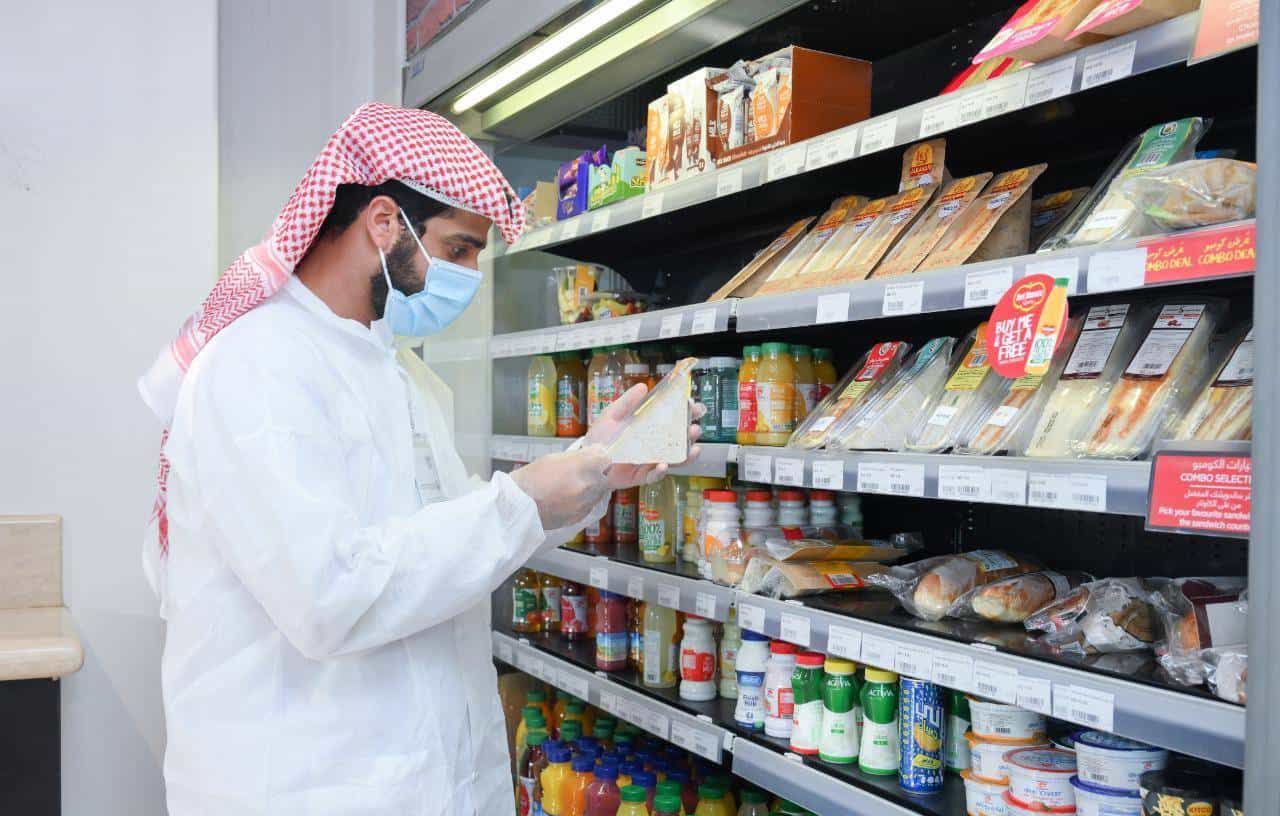Demand for food in the Gulf Cooperation Council (GCC) will reach 52.4 million metric tons (MT) by 2025, up from 46.8 million in 2020.
According to a new report by Alpen Capital there is increasing demand for organic packaged foods as well as protein and dairy alternatives, as the younger generation focuses more on ethical concerns and the carbon footprint of food, a webinar for the launch of Alpen Capital’s GCC Food Industry report heard.
The UAE and Saudi Arabia account for 75 percent of the GCC’s food consumption and demand for specific sectors is growing, said Sanjay Bhatia, managing director of Alpen Capital.
“Rising demand in organic food has made distributors and producer focus on organic products,” he said. “Packaged organic foods witnessed a substantial rise in demand, in the UAE – $51.2 in 2020, up from $38.1 million in 2017.”
GCC governments have also been investing across international farmlands in Ethiopia, Madagascar, Mali, Serbia, Sudan, Zambia, Tanzania to establish strong trade relations and increase produce, he said.
Bhatia also highlighted the focus on technological advancements, which are aiding food production in controlled environments, such as aquaponics and hydroponics.
“We are seeing high investor interest and investments across the sector. This is also being incentivised by regional governments as this adds to food production and enhances the food security programme.”
According to Bhatia, the GCC population is expected to reach 66.5 million by 2025, a CAGR of 2.3 percent from 2020 due to factors such as increased expat arrivals, as well as mega events such as Expo 2020 Dubai and the 2022 FIFA World Cup in Qatar.
Alex Mitchell, Investment Director, Abu Dhabi Catalyst Partners (ADCP) said there was increasing interest in plant-based products and dairy and protein alternatives.
“On a global basis, alternative proteins are here to stay, alternative dairy is here to stay,” he said, adding, “The younger generation really cares more about ethical, reduced carbon footprint options. We’re only just seeing the beginning of those opportunities in the GCC.”
Dr Bhaskar Dasgupta, head of market infrastructure, digital and VC/FinTech, Abu Dhabi Global Market, said COVID-19 had exposed “strategic holes” in the way food was supplied to the region, but added that it was important to address the issues not just for Abu Dhabi but on a global basis.
“Let’s not forget that we host so many nationalities and we need to take care of their home countries as well, simply because of the nature of UAE foreign policy.
“It’s not just for us, it’s for the entire world we have to worry too. It’s not just for the GCC, it’s for the wider regions,” he said.








